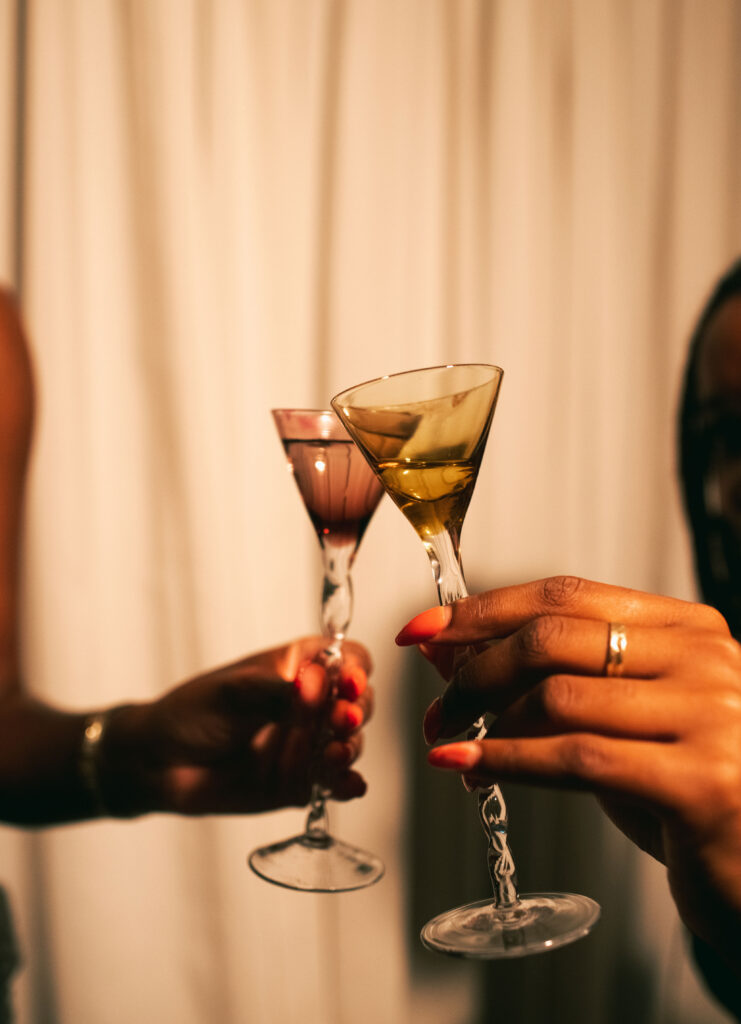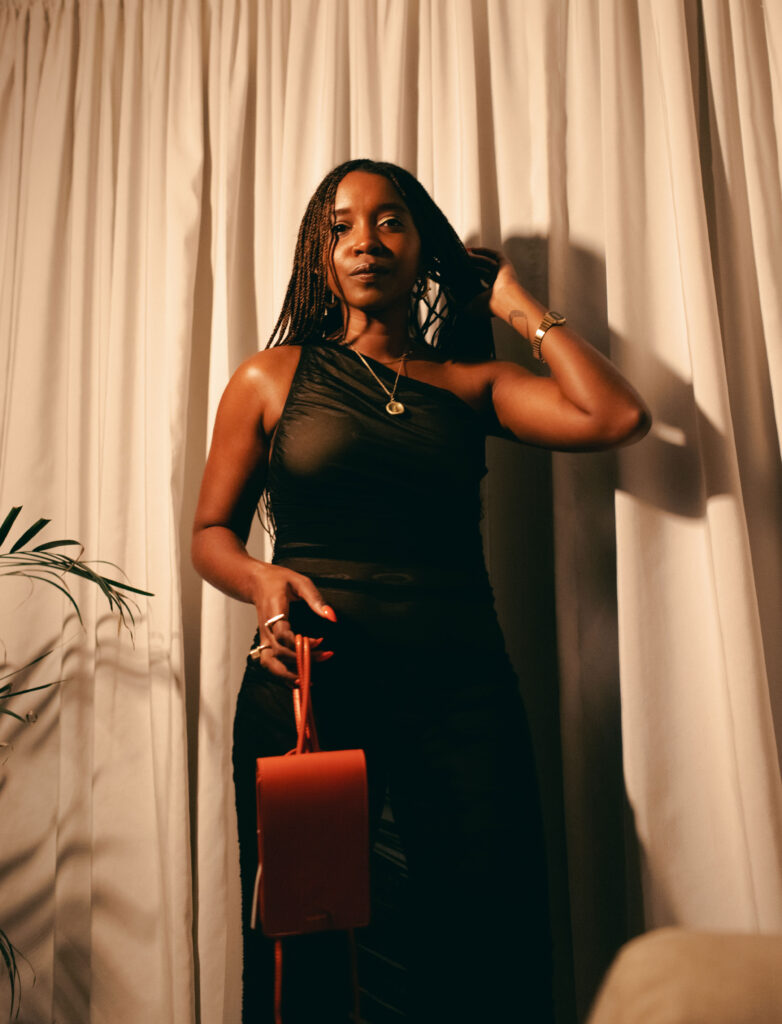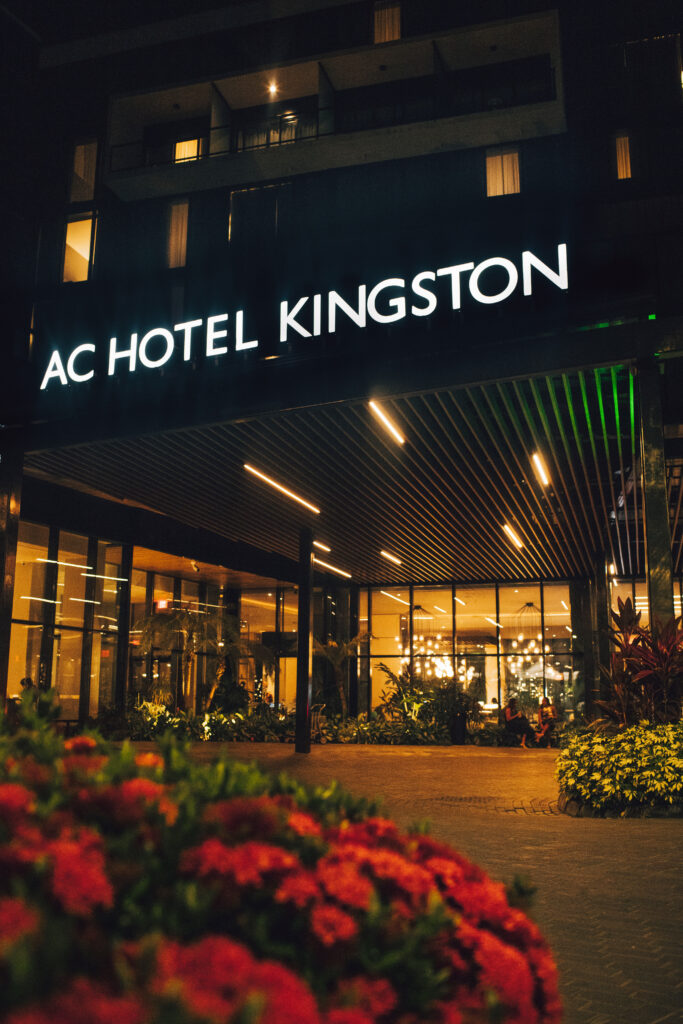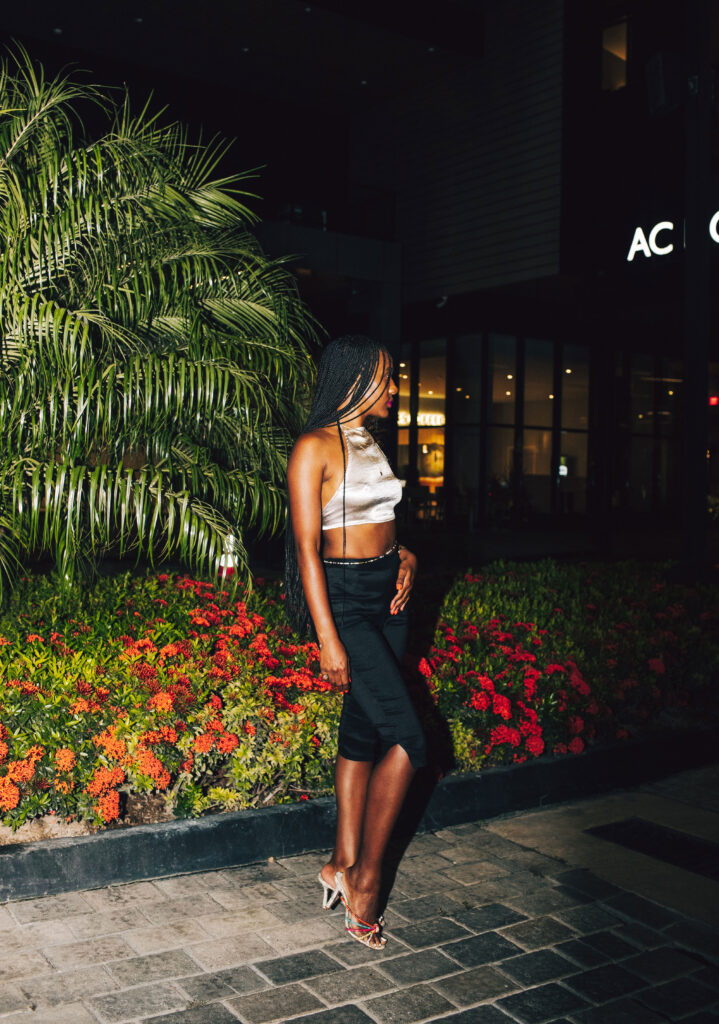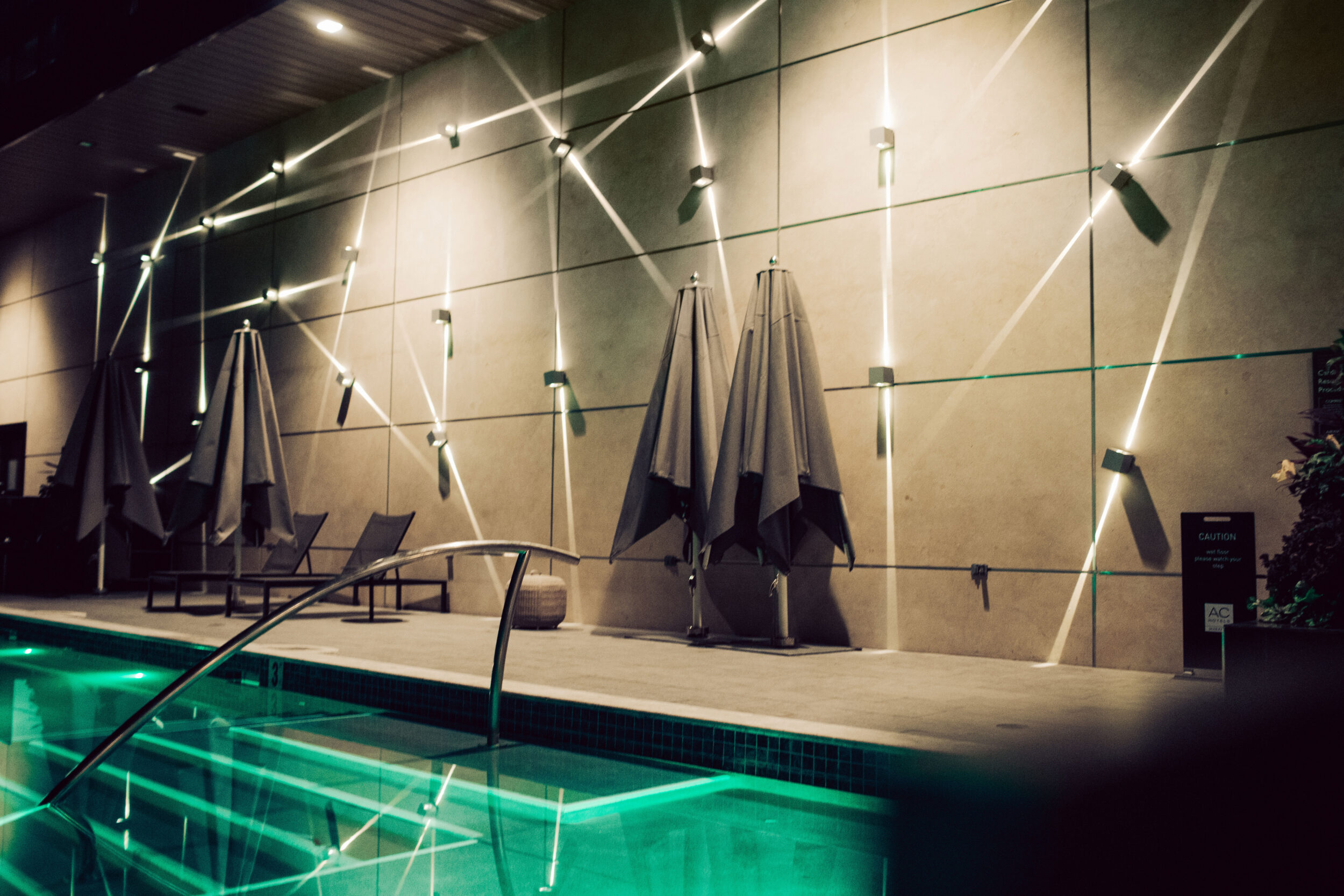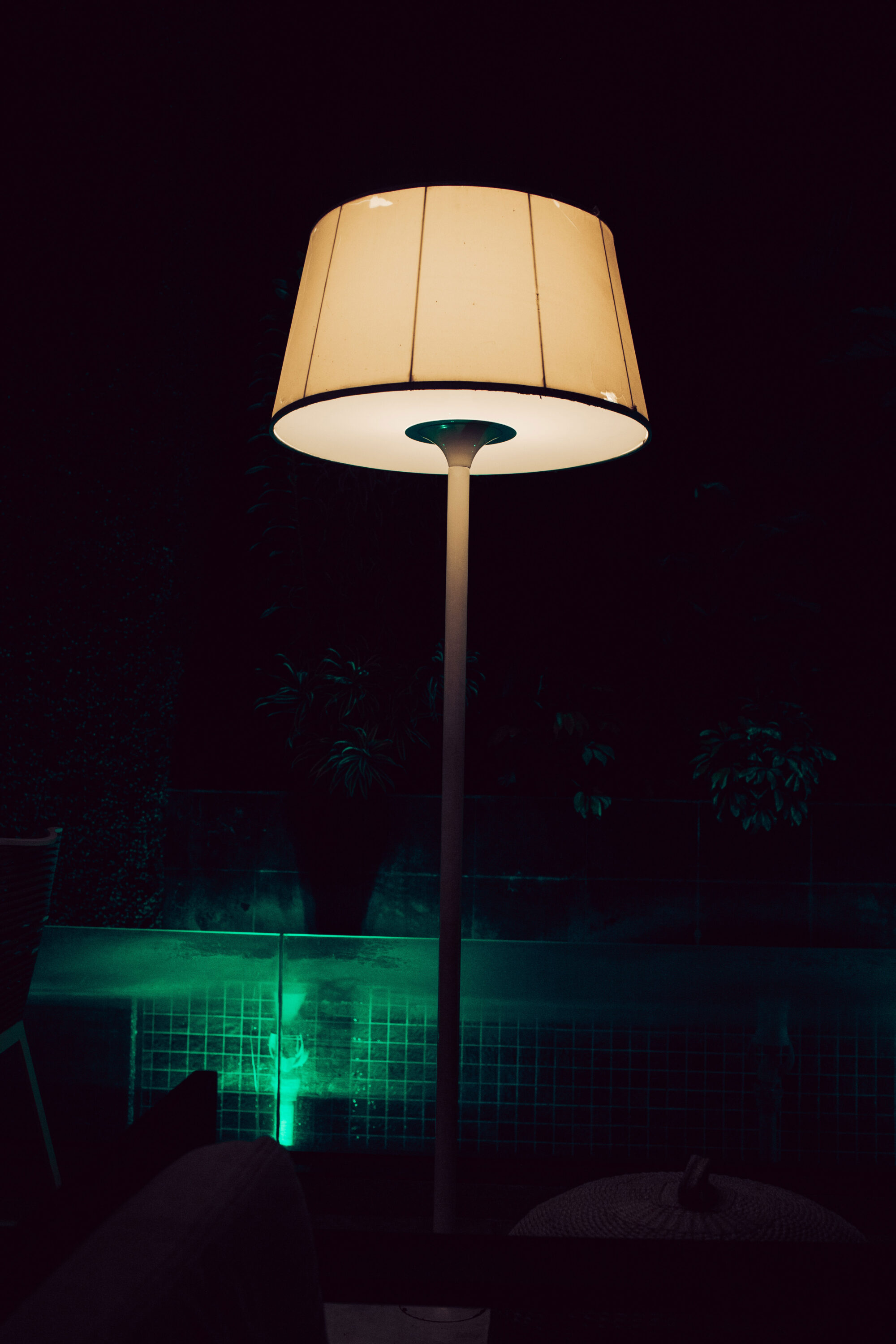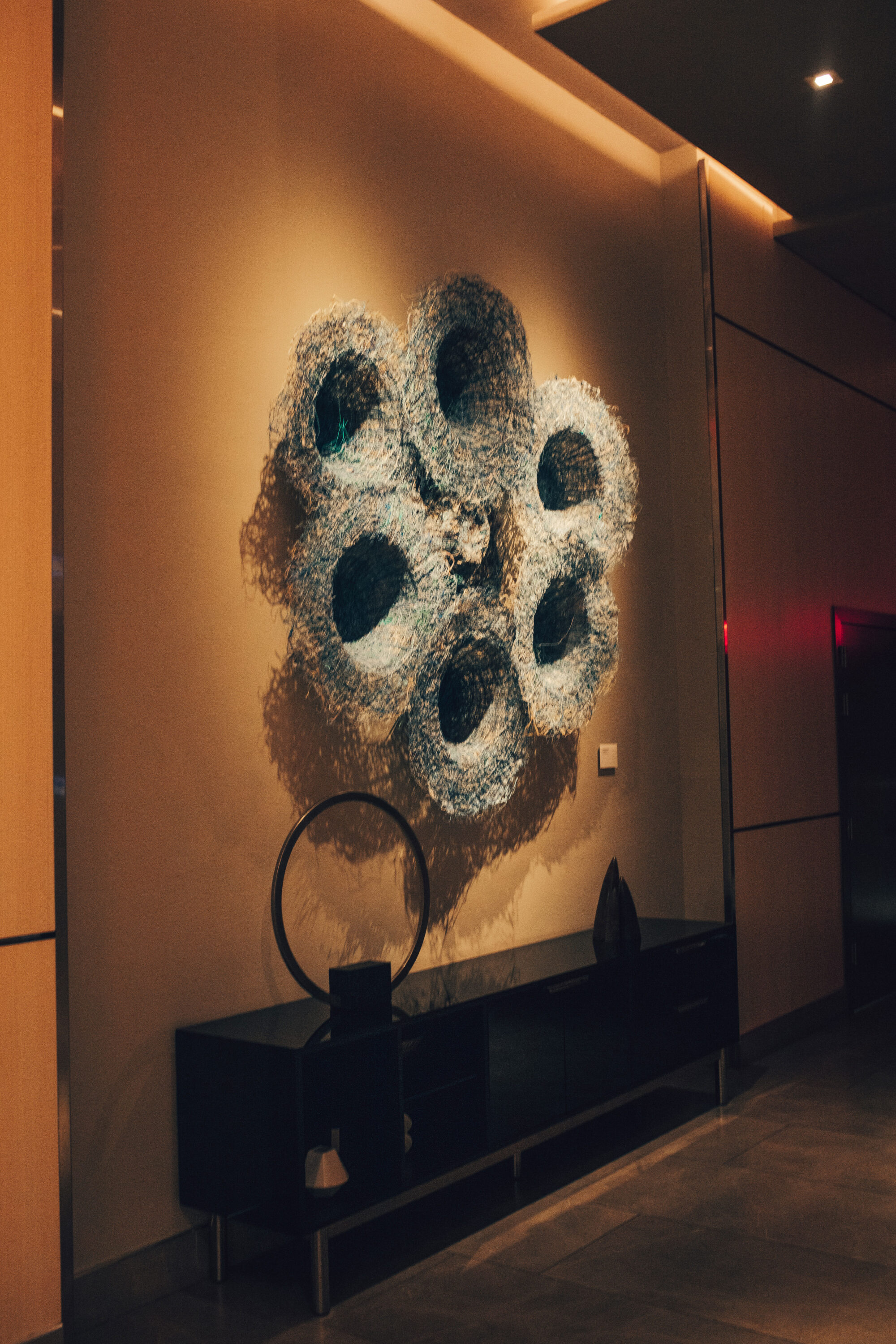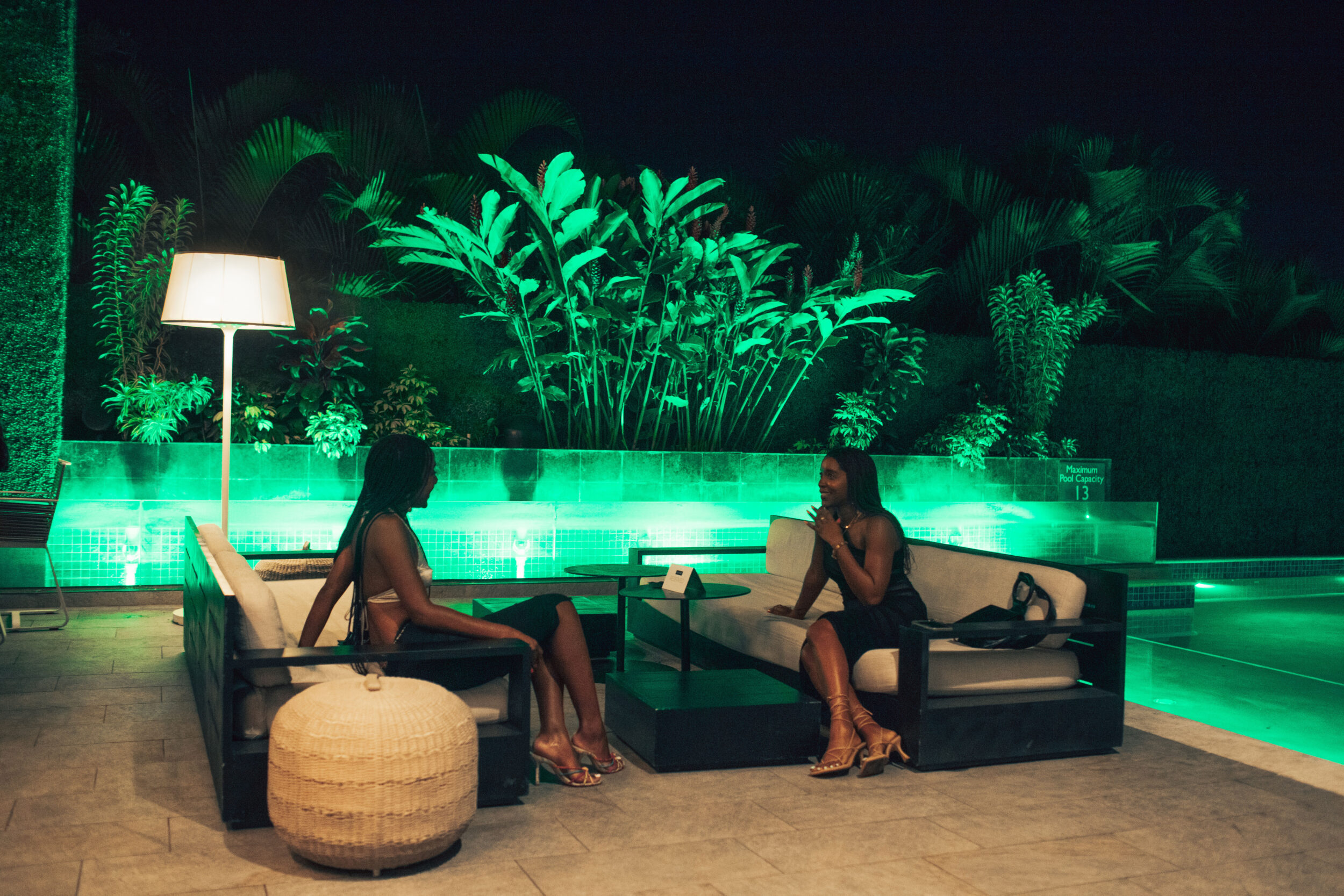Many immigrants and first-generation children like myself grow up with a sense of living in America being the end goal — a land of promise and opportunity that is sure to reap fruit if we just adapt and outwork everyone else. Most immigrants or children of immigrants will tell you that they live two lives: one that aims to maintain the traditions, habits, and moral codes of our culture and another that attempts to adapt to the “Western way.” It is truly extraordinary to think that so many of our parents migrated to the U.S. to grasp a better life and within a few decades their children are seeking refuge back in the same places they fled. It is no mystery that the constant strife of xenophobia, racism, and violence is becoming too big a cost for the American dream, but where do we go next when we have been told we have already reached the end goal?
Over the last few years, many young Black Millenials and Gen Zers have adopted a more nomadic lifestyle, electing to balance borders and work remotely. Specifically, interest in longer-term travel and exploration in Black countries has risen, whether in the Caribbean or Africa. Within the last few years alone, we have seen countries like Anguilla, The Bahamas, and Ghana adjust policies to attract those desiring a more transient lifestyle. We could assume this shift is a result of many things, but what I would like to focus on is the general disillusionment of the “American Dream.”
Circa 2020, fed up with the lack of inspiration, safety, and identity in my big city life in Los Angeles, I also elected to split my time between The States and the birthplace of my parents, Jamaica. Now I know many will squawk at that and say, yes, of course, who wouldn’t elect to live in a paradise if they could? But that’s because most people view Jamaica solely from the vantage point of touring the white sand beaches of the North Coast. Well, just two hours south of the white sand beaches of Montego Bay, you will find the city of Kingston. A newly constructed 41-mile highway that begins in the tourist city of Ocho Rios on the Northern coast links to the capital city of Kingston. Prior to the construction of the highway in 2016, it was an extremely difficult and burdensome journey to traverse the edges of Jamaica, but the highway has been a conduit of commerce, tourism, and employment.

